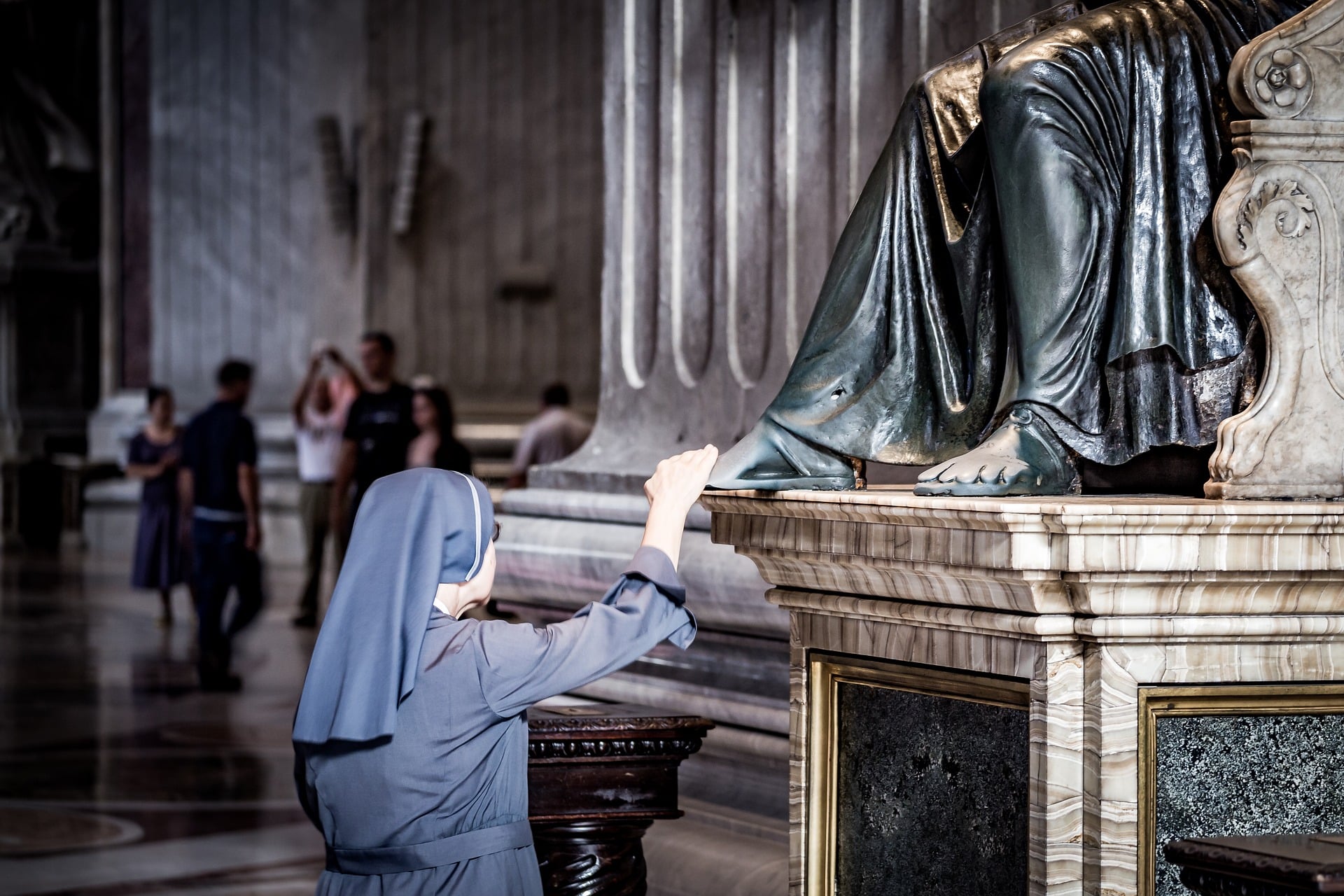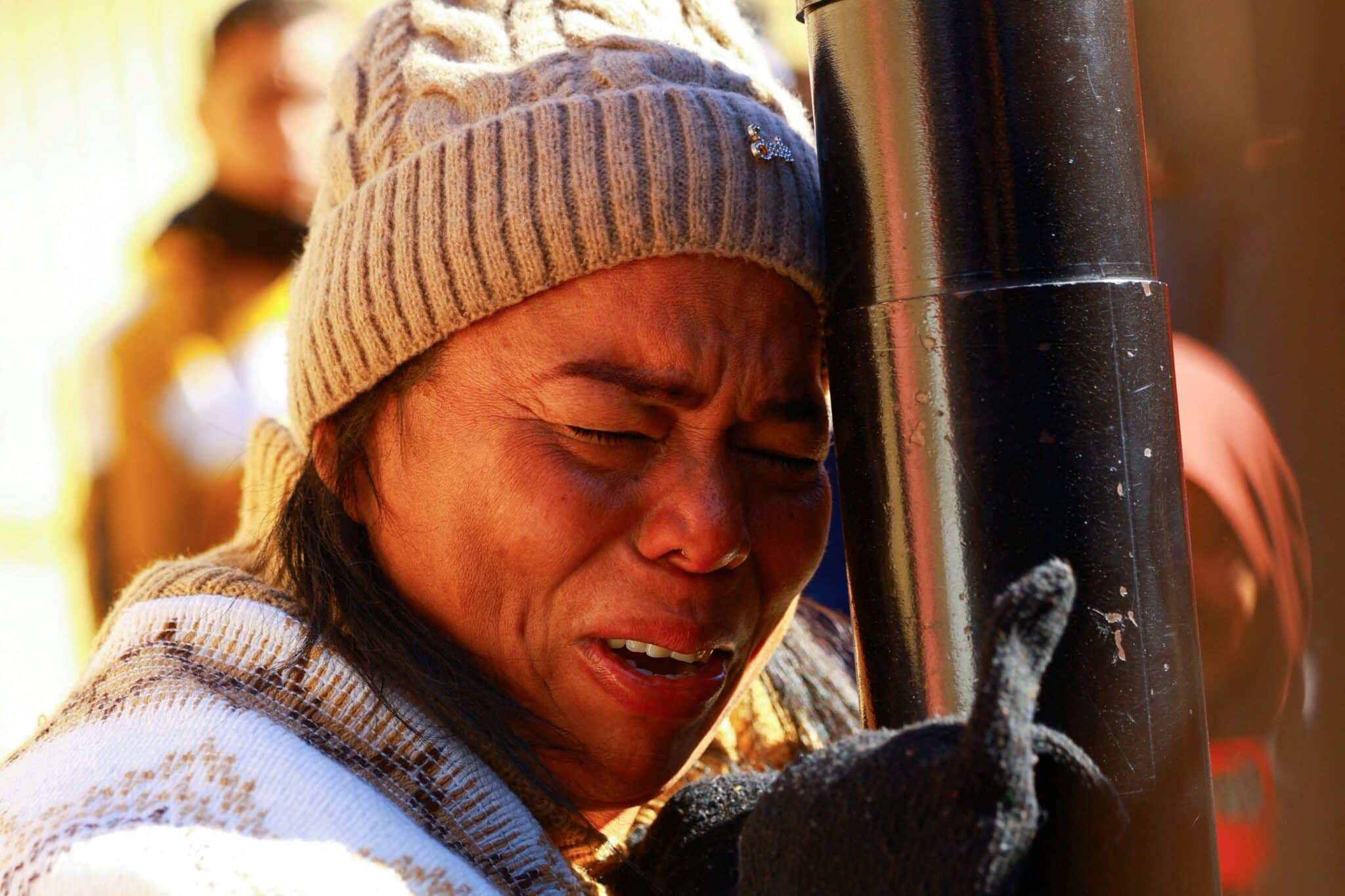Q: Did your August column contain a misprint in your answer about the difference between Blessed and Venerable? You wrote, “A person moves from Venerable to Blessed in one of two ways: he or she is judged to have died because of ‘hatred for the faith’ or he or she is judged to have been involved in the miraculous cure of an individual.” Are you suggesting that martyrs hated the faith?
While I’m at it, why is there an intermediary stage between Blessed and Saint if both titles assure someone of going to heaven? Are Blesseds waiting on the periphery to be admitted into heaven?
A: There was no misprint; the hatred is on the part of the persecutors. St. Cecilia, whose feast is November 22, died because her persecutors hated the Christian faith, which she loved so much that she was willing to die for it.
Beatifications and canonizations are for our benefit, to identify women and men who have lived their faith in a remarkably consistent and generous way. Such recognition is not done to update God’s records.
As the August column explained, the distinction between Blessed and Saint is about where liturgical observance of that person’s feast is allowed. Blessed Mother Teresa of Calcutta (1910-1997) is as certainly in heaven as St. Martin de Porres, whose feast is November 3.
The difference is that, technically speaking, Mother Teresa’s feast can be observed liturgically only among the Missionaries of Charity, as well as the men’s community she founded, the coworkers of both groups and people in India where she worked and in “the republic formerly known as Macedonia” (to use the U.N.’s terminology) where she was born .
St. Martin’s feast can be observed liturgically anywhere in the world. In fact, Blessed Mother Teresa is more well-known than many canonized saints.
Because of the difference in liturgical observance, Benedict XVI decided at the very start of his ministry as pope that most beatifications would occur in the place where a person died and that either the local bishop or the cardinal who heads the Congregation for the Causes of the Saints would preside at the ceremony. The pope broke his own rule last September by presiding at the Mass during which John Henry Newman was beatified.








